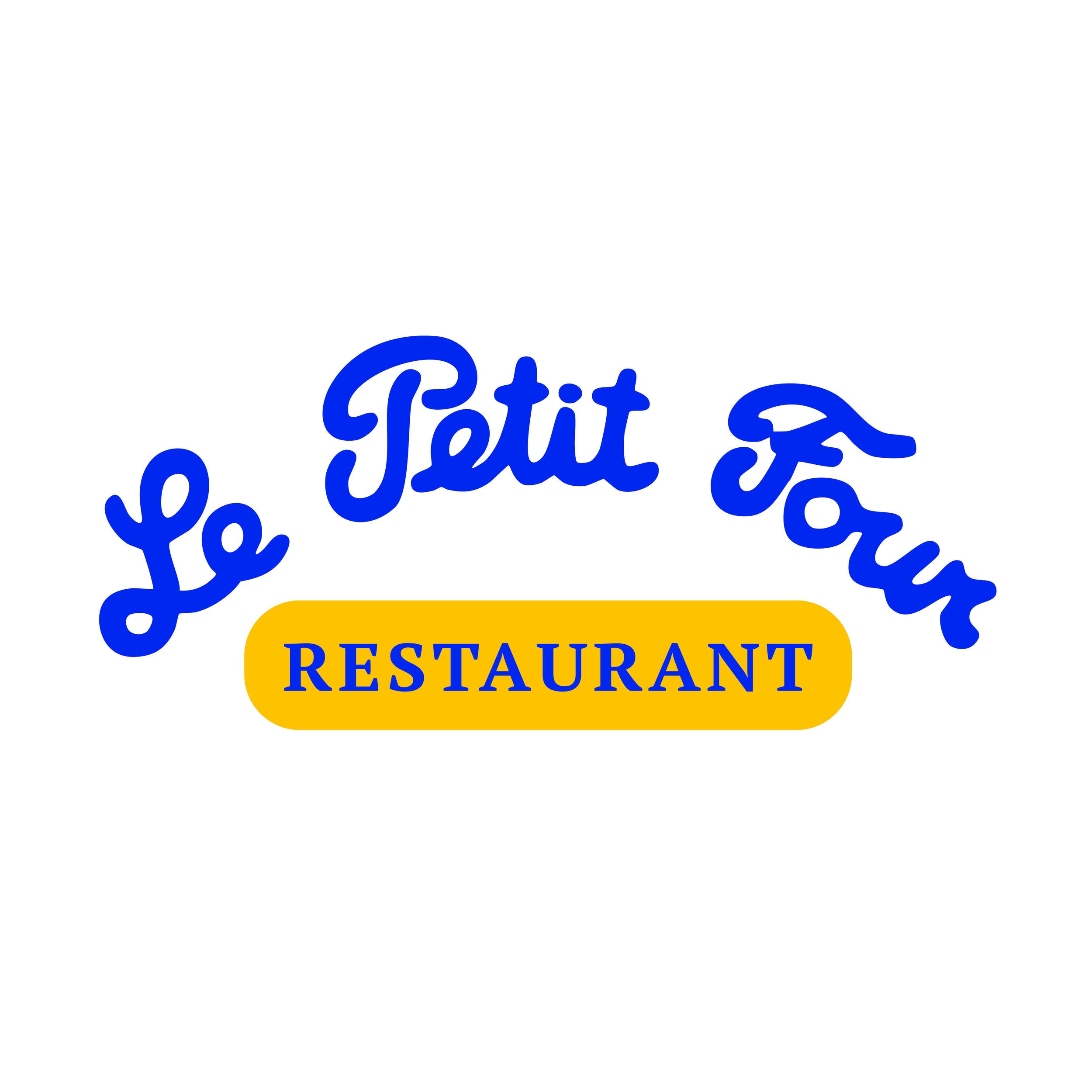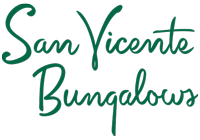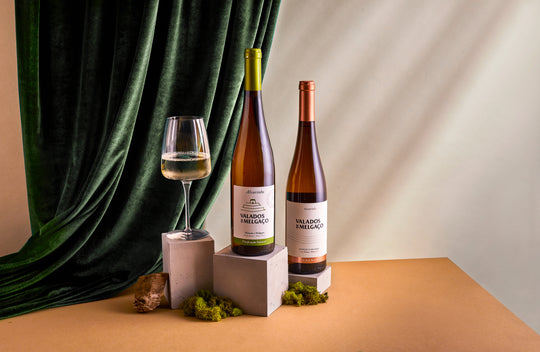sommtable


For laid-back days, road trip getaways, or just hiding your bedhead in style, the Sommtable Signature Trucker Hat delivers comfort and cool without trying too hard. With an olive green front, breathable tan mesh back, and clean cream embroidery, it’s the go-to lid for whatever your day throws at you.
Color: Olive green front with tan mesh back
Fit: Adjustable snapback—because your head’s not one-size-fits-all
Material: Durable cotton panels + breathable mesh (hello airflow)
Style: Effortlessly casual with just the right amount of intention
This hat is for anyone who appreciates a good fit, a clean look, and a bit of personality up top.
Minimalist, cool, and built for wherever the day takes you, the Sommtable Signature Trucker Hat in stone and black is equal parts laid-back and sharp. The structured stone-colored front panel is paired with a black mesh back for breathability, and features the Sommtable logo embroidered in bold black—classic, clean, and effortlessly wearable.
Color: Stone front with black mesh back
Fit: Adjustable snapback for a perfect fit
Material: Structured cotton front + breathable mesh
Style: Understated, everyday casual
This hat is for anyone who values comfort with character.
Laid-back never looked so good. The Sommtable Signature Faded Denim in vintage denim brings relaxed vibes with a perfectly broken-in look and soft, comfortable feel. Featuring white embroidery of the Sommtable logo and a classic curved brim, this hat doesn’t try too hard, because it doesn’t have to.
Color: Faded denim blue
Fit: Relaxed, adjustable strapback
Material: Soft-washed cotton for that lived-in feel
Style: Effortless, timeless, low-key cool
This is your everyday grab-and-go hat.
Made without added sulfur, the small-production wine has ripe, baked apple flavors and a texture that is warm and rich. The slight oxidation adds interest and complexity to the wine. It is ready to drink.
This wine results from the quest for the most genuine expression of the terroir, following artisanal winemaking practices. We use traditional vinification techniques, no added sulfites in fermentation and without addition of animal proteins (vegan friendly). Of subtle straw color and rich aroma, with nuances of ripe stone fruit along with a subtle touch of wood, this is a persistent, full-bodied and mineral wine. Being such a special wine, we propose enjoying it for every special occasion.
Quinta de Golães Special Collection White Alvarinho +85% | Trajadura | Loureiro “Three grape varieties. The best family tradition, ‘grandma’s farm Alvarinho”
Whenever we look further, the earth shows itself completely and lets us see further. On the plains that look like seas, the rolling cornfields dance with the elements and the vineyards draw the path to perfection.
Citrine colour sparkling wine, fresh and fruity aroma with dried fruits nuances. This is a silky and lingering wine, with a prominent acidity that grants it a pleasant fresh taste.
Its liveliness is perfect to go with Asian food, with a hint of spices, and it is a good complement to sushi.
GRAPE VARIETY 50% VERDELHO 50% ARINTO
Made without added sulfur, the small-production wine has ripe, baked apple flavors and a texture that is warm and rich. The slight oxidation adds interest and complexity to the wine. It is ready to drink.
This wine results from the quest for the most genuine expression of the terroir, following artisanal winemaking practices. We use traditional vinification techniques, no added sulphites in fermentation and without addition of animal proteins (vegan friendly). Of subtle straw color and rich aroma, with nuances of ripe stone fruit along with a subtle touch of wood, this is a persistent, full-bodied and mineral wine. Being such a special wine, we propose enjoying it for every special occasion.
Vineyards that give rise to fresh and remarkable wines grow on the plains of Campo Maior. Is was on this undulating back that arch. Siza Vieira designed the distinctive lines of this winery. That is how you design a landscape and how you dream wines that make this a Major winery.
Winemaker: Paulo Laureano and Carlos Rodrigues.
Producer Adega Mayor
Region / Appellation Alentejo
Country Hierarchy Portugal
Wine Style Red – Rich and Intense
Grape / Blend Alicante Bouschet – Aragonez – Trincadeira
Food Suggestion Beef and Venison
Alcohol15%
Residual Sugar0.5 g/L
Blend 60% Alicante Bouschet, 30% Syrah & 10% Touriga Nacional
Maturation Oaked
Total Production Volume 24,000 – 60,000 Bottles
Closure Type Cork




Some varieties have twelve strings and a thousand cords. Each piece of land has its tune, each grape sings a different wind. The tones of this variety fill this bottle in a harmony given by the arrangement of the notes produced by nature.
With its intense but versatile personality, this wine can be served as an aperitif. It is also an excellent option with grilled fish, seafood or white meat.
100% VERDELHO
___



There are varieties with twelve strings and a thousand chords. Each piece of land has its tuning, each grape sings a different wind. The tones of this variety fill this bottle, in a harmony given by the arrangement of the notes that nature gives us.
TASTING
Aromas of violet and spicy berries and a hint of the wood where it aged. It is fresh, elegant and sophisticated on the palate.
Its structure and elegance make this wine the perfect ally for red meat, cheese, pasta and rich and spicy food.
100% TOURIGA NACIONAL (national grape)



On the plains of Alentejo instants are depicted as a whole. In each bottle a land’s self-portrait opens. That is how we keep eternal truths, in the instants we feel.
Of clear and bright aspect, it presents citrine yellow color. In the aroma we have freshness and exoticism, records of lime and lemon tree in balance with notes of white fruit and a pleasant mineral sensation. In the mouth it is young and vibrant, it follows the profile of the nose, tropical notes of fresh pineapples that lead us to an almost sweet, fresh and persistent finish. For the table or the esplanade, a very versatile company.
Its character and elegance make it an excellent aperitif and a perfect companion for fish, seafood or white meat dishes.
GRAPE VARIETY 50% VERDELHO, 30% VIOGNIER E 20% ARINTO
On the plains of Alentejo instants are depicted as a whole. In each bottle a land’s self-portrait opens. That is how we keep eternal truths, in the instants we feel.
Dark ruby colour. The nose is intense, with notes of blueberry, ripe plum and dark chocolate.
It is broad and balanced on the palate, with polished tannins that lead us to a long and persistent finish.
PAIR WITH This wine has soul and is a good match for white meat, game or simply pasta or soft and intense cheese.
GRAPE VARIETY 40% ARAGONEZ 30% TOURIGA NACIONAL 30% ALICANTE BOUSCHET

In the shadow of the days and in the light of the night, the Alentejo whitewashing tradition (“caiado”) paints imagination and draws the path of every dream. With colours springing from the Earth, this wine brushes moments and must be drunk with the heart.
Clear and crystalline wine with a citrine colour. To the nose its shows the irreverence of its youth, suggesting lemon notes and ripe pineapple, complemented with a floral touch and a nice sense of minerality. In the mouth, its freshness and harmony are surprising and its long finish is full of vigour. A versatile wine with a strong personality, perfect for enjoying good moments in life.
PAIR WITH: The freshness and expressiveness of this wine make it perfect to accompany grilled fish, seafood, white meat and salad. Ideal presence when seating outside with friends in the afternoon.
GRAPE VARIETY: 40% ANTÃO VAZ 30% ARINTO 30% ROUPEIRO
Densely textured, full of dusty tannins and with rich black fruits, this wine is hardly shy. It comes from ripe fruits, rich tannins and texture and juicy final acidity. Fermentation in temperature controlled steel tanks and lagares followed by an extended maceration on skins.
In 2015, at Quinta de São Sebastião, Aged 18 months. 5000 bottles were produced. Alentejo is a well-known, highly respected wine region in eastern Portugal. This hot, dry area covers approximately a third of the country and is best known for its red wine, the best of which are sold under the and Alentejo DOC (Denominacao de Origem Controlada) title.
Harvested from specially selected bunches of the vineyard, we obtain the ideal grapes for this sparkling wine “prisede mousse”. Following the traditional method, it requires an aging period of more than 12 months in bottle.
It has citrus tones, with persistent but refined bubble mousse, and revealing hints of grass, green apple and pineapple notes, this wine has a lively acidity, with a lovely texture and velvety mouth, ending with a very persistent and dry finish.































